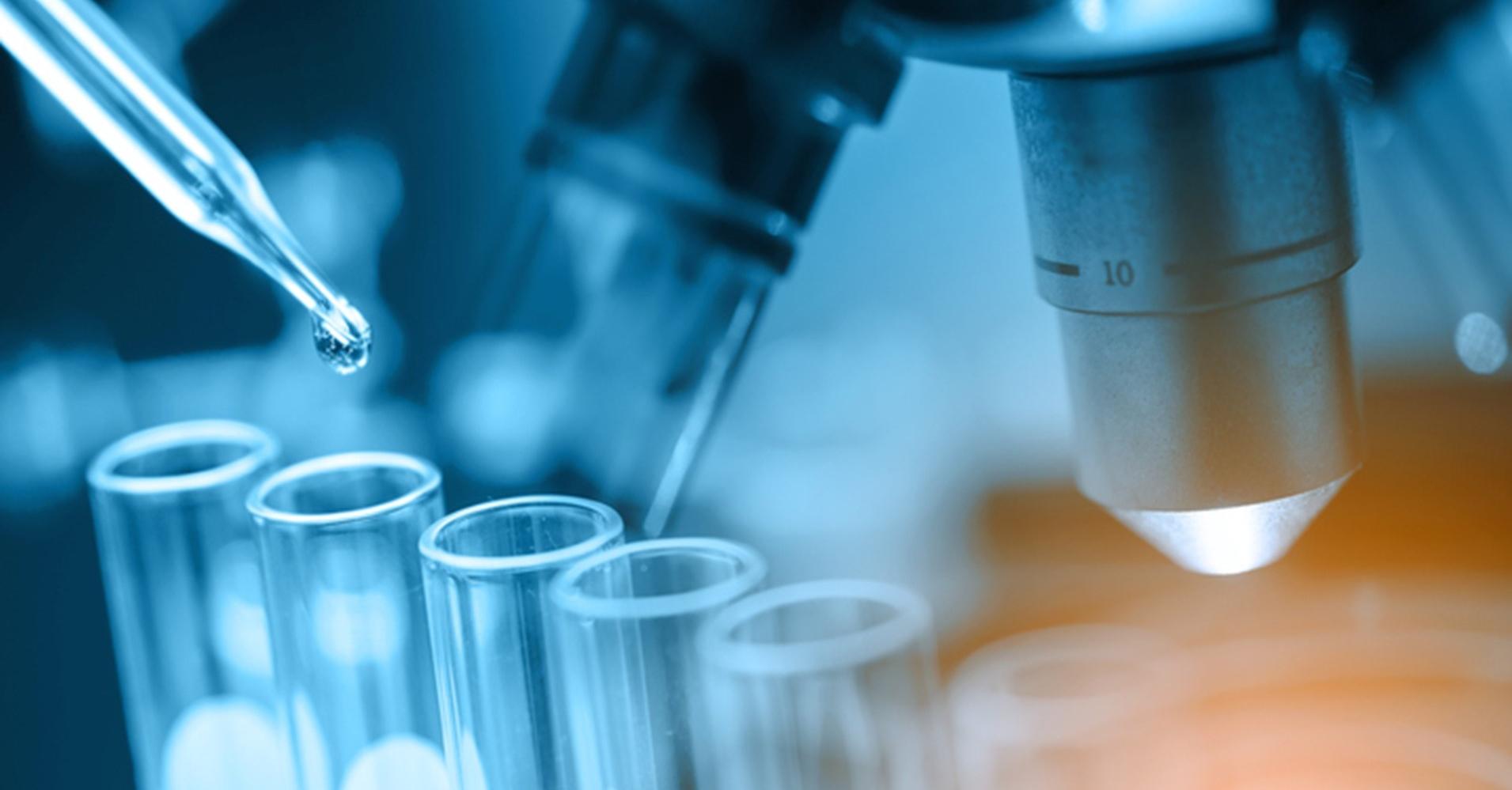Are you curious to know what is biochemistry test? You have come to the right place as I am going to tell you everything about biochemistry test in a very simple explanation. Without further discussion let’s begin to know what is biochemistry test?
In the realm of medical diagnostics and healthcare, biochemistry tests play a pivotal role in unraveling the intricacies of the human body’s biochemical processes. These tests, conducted through various methodologies and analyses, provide invaluable insights into an individual’s health, aiding clinicians in diagnosis, monitoring, and treatment planning. Let’s delve into the essence, significance, and applications of biochemistry tests in the landscape of healthcare.
What Is Biochemistry Test?
Biochemistry tests encompass a wide range of laboratory analyses that evaluate the chemical components present in bodily fluids, such as blood, urine, or cerebrospinal fluid. These tests measure various substances, including enzymes, hormones, proteins, electrolytes, and metabolites, providing a comprehensive view of physiological functions and imbalances within the body.
Key Components And Types Of Biochemistry Tests
- Blood Tests: Common biochemistry blood tests measure parameters like glucose levels (for diabetes diagnosis and monitoring), lipid profiles (assessing cholesterol levels), liver function tests, kidney function tests, and markers of inflammation.
- Urine Tests: Urine biochemistry tests evaluate components such as protein, glucose, ketones, and electrolytes, offering insights into kidney function, urinary tract health, and metabolic conditions.
- Specialized Tests: Biochemistry tests can include more specialized analyses, such as hormone assays, genetic testing, and tests for specific diseases or conditions, aiding in targeted diagnosis and personalized treatment plans.
Role In Diagnosis And Monitoring
- Diagnostic Insights: Biochemistry tests serve as valuable diagnostic tools, aiding clinicians in identifying underlying conditions, diseases, or abnormalities based on deviations from normal ranges of biochemical markers.
- Monitoring Disease Progression: These tests help monitor the progression of diseases, track the effectiveness of treatments, and make informed adjustments to patient care plans based on changing biochemical profiles.
Applications In Different Medical Specialties
- Cardiology: Lipid profiles and cardiac enzyme tests help assess cardiovascular health and risk factors for heart disease.
- Endocrinology: Hormone assays aid in diagnosing and managing endocrine disorders like thyroid dysfunction, diabetes, or adrenal gland disorders.
- Nephrology: Kidney function tests, electrolyte panels, and urine analyses assist in evaluating renal health and detecting conditions like kidney disease or urinary tract infections.
Ensuring Accuracy And Interpretation
- Quality Control: Rigorous quality control measures in laboratories ensure accuracy and reliability of biochemistry test results.
- Interpretation by Experts: Trained medical professionals interpret test results in conjunction with patient history and clinical findings to derive meaningful conclusions and make informed decisions.
Conclusion
Biochemistry tests stand at the forefront of modern healthcare, providing clinicians with a window into the body’s intricate biochemical workings. Their role in diagnosis, disease management, and treatment planning is invaluable, enabling tailored interventions and informed decisions that contribute to improved patient outcomes and overall well-being.
As technology and methodologies evolve, biochemistry tests continue to advance, enhancing their precision, scope, and contribution to the ever-evolving landscape of medical diagnostics.
FAQ
What Is A Biochemistry Blood Test For?
The biochemical profile is a series of blood tests used to evaluate the functional capacity of several critical organs and systems, such as the liver and kidneys. These tests can be done on an empty stomach or not, and are usually accompanied by a complete blood count (CBC).
What Is The Use Of Biochemistry Test?
Biochemical tests, which measure substances (protein, sugar, oxygen, etc.) in blood and urine, are widely used in the diagnosis of diseases and the determination of treatment. The activity of each organ in the body affects one or several of the specific biochemical indicators.
What Is Biochemical Test Used For?
Biochemical tests determine bacterial CO2 requirement, H2S production, urease activity, and growth inhibition by thionin or basic fuchsine, etc. Commercial biochemical identification systems such as the API 20 NE® (BioMérieux) may be used.
What Is The Normal Range Of Biochemistry Test?
Blood urea nitrogen: 8-21 mg/dL. Ferritin: 12-300 ng/mL (men), 12-150 ng/mL (women) Glucose: 65-110 mg/dL. Inorganic phosphorous: 1-1.5 mmol/L.
I Have Covered All The Following Queries And Topics In The Above Article
What Is Biochemistry Blood Test
What Is Clinical Biochemistry Test
What Is The Purpose Of Inversion Test In Biochemistry
What Is Biochemistry Test In Hindi
What Is Biochemistry Test Normal Range
What Is Biochemistry Test In Microbiology
What Is Biochemistry Test In Biochemistry
Biochemistry Test List
Biochemistry Blood Tests List
What Is Biochemistry Test Procedure
Biochemistry Test List Pdf
Biochemistry Test Chart
What Is Biochemistry Test


